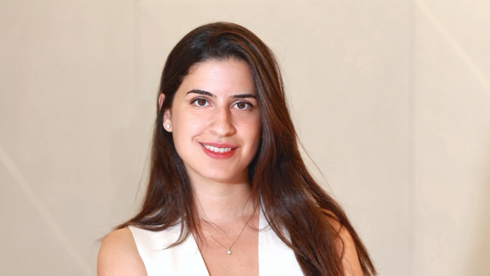Summary:
Heliospect Genomics offers embryo screening for IQ, sparking ethical controversies.
Investigative report by Guardian and Hope Not Hate raises questions on genetic enhancement.
Technology could exacerbate social inequality and commodification of human life.
Critics warn of potential eugenics and the dangers of selective breeding.
Public dialogue is needed to navigate the ethical implications of such advancements.
Genetic Screening for Intelligence
A startup company, Heliospect Genomics, is at the center of a heated debate over the ethics of genetic enhancement. This company offers wealthy couples the opportunity to screen embryos for IQ, raising significant ethical questions.
Investigative Insights
In a joint investigation by the Guardian and the campaign group Hope Not Hate, science correspondent Hannah Devlin discusses the implications of this technology. The technology promises to identify embryos that may lead to children with higher IQs, but it also opens the door to potential social inequality and ethical dilemmas regarding the commodification of human life.

Ethical Dilemmas
The core of the issue lies in the ethical implications of selecting embryos based on intelligence. Critics argue that this could lead to a new form of eugenics, where only the wealthy can afford to ensure their children are 'smarter'. Devlin highlights the necessity for a public dialogue on these issues as technology advances faster than our ethical frameworks can keep up.
For more insights, listen to the full podcast episode where these topics are explored in depth.





Comments